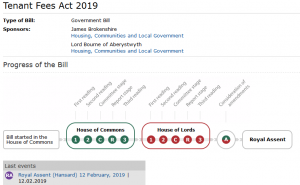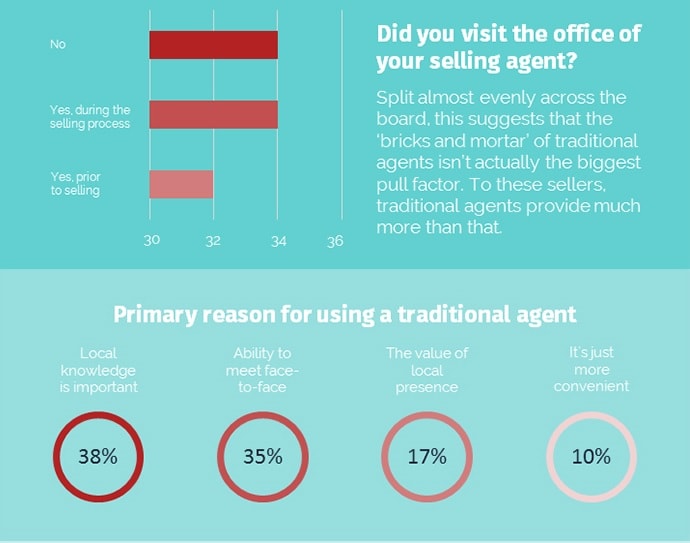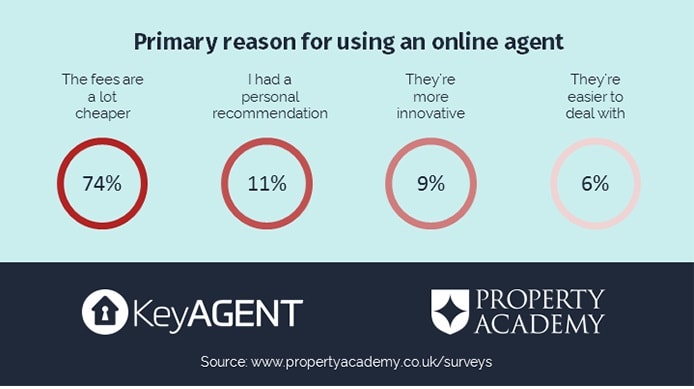The latest report from Halifax has shown that more first-time buyers climbed on to the property ladder in 2016 than in any year since 2007.
However, it comes at a cost as the lender revealed would-be home owners now need to raise more than £32,000 for a deposit.
Deposit sizes have more than doubled over the last decade. In 2006, the average first-time buyer deposit across the UK was £15,168. Now it is £32,321 – around 16% of the price of a typical first home.
According to the report, those buying their first property can expect to pay more than £200,000 across the UK generally and an “eye-watering” £400,000 in London. On average, in the capital, a first-time buyer’s deposit is more than £100,000, assuming they can also cover moving costs and stamp duty.
First-time buyers in London put down a 25% deposit on average in 2016, amounting to £100,445.
Halifax also revealed that during 2016, the average house price paid by first-time buyers was £205,170 – the highest on record. This average has grown by 7% over the last year, pushing it over the £200,000 mark.
In London, first-time buyers can expect to pay £402,692.
The number of first-time buyers is estimated to have reached 335,750 in 2016. This is the highest figure since 359,900 in 2007, and marks the third year in a row that the number has topped 300,000.
Halifax said the number of first-time buyers in 2016 was 75% higher than a low point in 2009, but 17% below a pre-crisis peak of 402,800 in 2006.
As the cost of housing has increased, first-time buyers have been taking out longer mortgages. In 2006, just over a third (36%) had mortgages lasting beyond the traditional 25-year period. In 2016, 60% of mortgages were for 25 years or more.
More aspiring first-time buyers are also having to factor stamp duty into their costs. Less than a third (29%) of first-time purchases in 2016 were below the £125,000 stamp duty threshold. This share was 45% in 2013.
The average age of a first-time buyer is 30, ranging from 27 in Carlisle in Cumbria and Torfaen in South Wales to 34 in places such as Slough in Berkshire and the London boroughs of Barnet and Ealing.
Martin Ellis, a housing economist at Halifax, said record low mortgage rates, high employment levels and Government schemes such as Help to Buy have helped first-time buyers. The UK-wide Help to Buy mortgage guarantee scheme ended in 2016, but other schemes are still available.
He added: “Across the regions there is a contrasting picture. In London – which has one of the youngest populations in the UK – the average house price for a typical first-time buyer is now more than an eye-watering £400,000 with an average deposit of over £100,000 – more than twice that in the South East, the next most expensive region.”
Jeremy Leaf, north London estate agent and a former RICS residential chairman, says: ’The Halifax’s findings are good news in terms of the increase in number of first-time buyers but are also indicative as to what parents and grandparents put themselves through so that they can afford those deposits – with more than £100,000 required in London.
If the housing market is going to function properly, as the government has told us so many times it should, then we need to protect first-time buyers. First-time buyers are the life blood of the market as they tend to buy at the bottom and trade up whereas investors buy at one level and stay there.
Although lenders are supposed to be providing support via Help to Buy now that the mortgage guarantee element has been withdrawn, on the ground we are finding it is not happening in all cases and more flexibility on lending criteria at higher loan-to-values is required.’

 If you’re one of those shopping for a house soon and you are considering a mortgage, you should carefully analyse a couple of factors before making a decision. The location, the time you are going to spend in your new home (if it is temporary or, hopefully, for the rest of your life), the purpose of the investment (for your own living or if it is a buy to let), and other life circumstances should be considered when choosing a type of mortgage.
If you’re one of those shopping for a house soon and you are considering a mortgage, you should carefully analyse a couple of factors before making a decision. The location, the time you are going to spend in your new home (if it is temporary or, hopefully, for the rest of your life), the purpose of the investment (for your own living or if it is a buy to let), and other life circumstances should be considered when choosing a type of mortgage. The mortgage market also seems to be improving since the number of completed applications for first time buyers is rising. 67% of first time mortgage applications were completed in the first quarter of 2017, up substantially from 48% in the same period of 2016. Intermediaries have eased up the applications because of the struggle to obtain a mortgage that was intensely publicised last year.
The mortgage market also seems to be improving since the number of completed applications for first time buyers is rising. 67% of first time mortgage applications were completed in the first quarter of 2017, up substantially from 48% in the same period of 2016. Intermediaries have eased up the applications because of the struggle to obtain a mortgage that was intensely publicised last year. Buying a home for the first time is one of the biggest decisions you will make.
Buying a home for the first time is one of the biggest decisions you will make.



